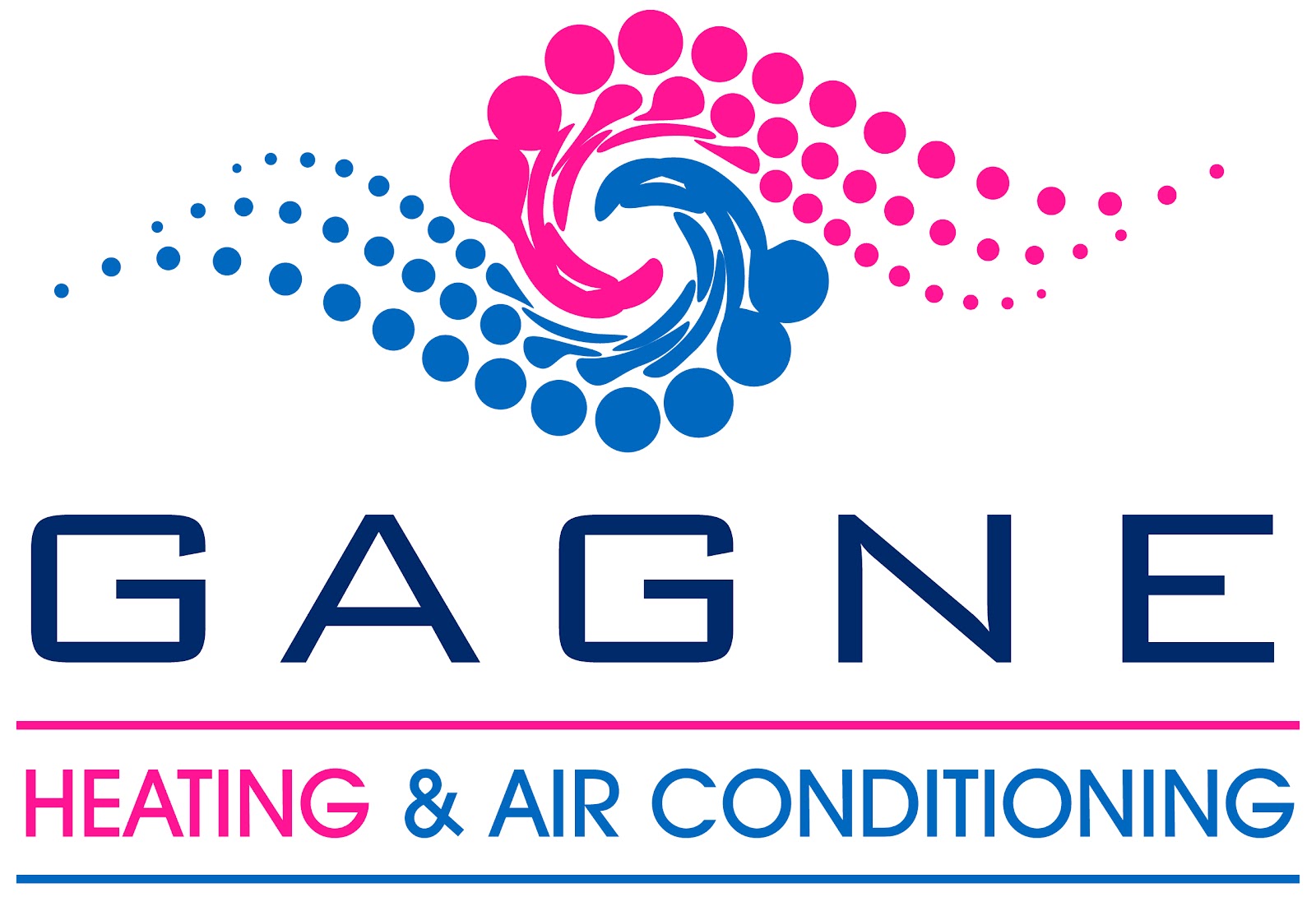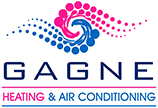Old man winter is fast approaching metro-Atlanta. The change of season has many homeowners asking what can be done to cut home energy costs this winter. An energy-efficient home will cut utility costs across the board.
Continue reading for 7 steps on how to make your home more efficient with energy upgrades.
Home Energy Audit . A home energy audit requires specialized equipment and trained individuals called “energy auditors.” Energy auditors who carry a Home Energy Professional Certification are certified to the highest standard in the industry. An energy auditor will use a blower door, gas leak detectors, carbon monoxide detectors, kilowatt meters and lead-safe testing kits to give your home a thorough evaluation. The most important piece of equipment is the blower door , which is used to determine where air is leaking out of your home. Air can leak through switch and outlet face plates, and escape around doors, windows and pipes … all together it could equal a space the size of a small window that’s constantly open! The energy auditor will find the areas that require upgrade and instruct you on how to make the improvements.
Water Heaters and Furnaces. The savings from water heaters and furnaces depend on the house location and what fuel is used. Generally, natural gas is cheaper than electricity, provided it’s available. The newer high efficiency gas furnaces will often be worth installing, even if the gas furnace in your home is relatively new, according to the U.S. Department of Energy. A new high efficiency furnace will exceed air sealing for its potential savings.
Programmable Thermostat for Heating System. A programmable thermostat maintains a set temperature even when it isn’t being used for the entire house. You can program it to cool off (or warm up) when no one is awake to save energy and money as well. This change usually pays for itself in about three years.
Reset Water Heater Thermostat. Most water heaters heat water to a set temperature. All day and night, the water heater cycles on and off, maintaining that set temperature. Lowering the temperature setting a little won’t even be noticeable, and it will save you money.
Air Sealing. Earlier we talked about an energy auditor using a blower door to figure out how much air is escaping through gaps in your home at any given time. Air loss is usually the greatest source of energy loss in a home. Reducing air loss can pay off in about five years.
Attic and Wall Insulation. It takes more energy to make your home’s indoor temperature comfortable if it’s not well insulated. Adding insulation to the attic and walls will reduce the energy demand.
Replace Refrigerator. A refrigerator holds a set temperature that is very different from the outside air. The better sealed, better insulated and mechanically efficient a refrigerator is, the more energy savings. You can test the seal on your refrigerator by closing a dollar bill in the door. If the bill drops when you close the door, you need to replace the seal or get a new one. A new ENERGY STAR® refrigerator can save you up to $150 per year.
To learn more about furnace and thermostat efficiency and heating tips, we invite you to browse our blog and knowledge center .
And if you’re interested in having your furnace serviced, or a programmable thermostat installed, please contact our exceptional team of metro-Atlanta heating technicians at Gagne A/C today.

